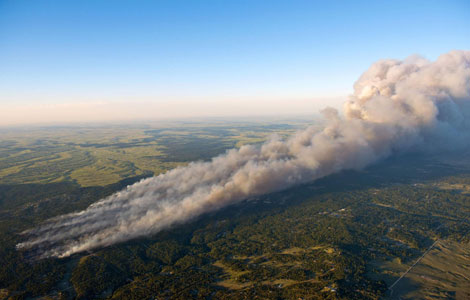
TOKYO - Despite repeated strong opposition from China, a group of 168 Japanese lawmakers on Tuesday visited the controversial war-link Yasukuni Shrine in Tokyo, which honors Japanese war criminals of World War II.
It marked the first time that the Japanese lawmakers' number exceeded 100 since October 2005, according to local media.
The visit followed donations by Japanese Prime Minister Shinzo Abe and three cabinet ministers' weekend visits to the notorious shrine.
Analysts said the number increased because more conservative parliamentarians, mainly from Abe's Liberal Democratic Party and the Japan Restoration Party, won the general election held last December.
Repeated visits to the controversial shrine by Japanese leaders and lawmakers have become a major obstacle for Japan to mend its ties with neighboring China and South Korea that suffered from Japan's invasion during World War II.
China and South Korea have repeatedly demanded that Japanese leaders stop visits to the shrine and take a responsible attitude toward history.
China has lodged solemn representations to Japan over the visits to the war-linked Yasukuni Shrine by Japanese leaders, said Hua Chunying, a spokeswoman for the Chinese Foreign Ministry, on Monday.
The crux of the Yasukuni Shrine matter is whether Japanese leaders correctly see and treat the country's history of invasion, and respect the feelings of the people of China and other victimized countries, Hua said on Monday in response to Japanese leaders' worshipping at the shrine.
The Japanese army's atrocities during World War II are pinned down by irrefutable evidence, said Hua.
The Yasukuni Shrine honors 2.5 million Japanese war dead, including 14 leading World War II war criminals.
South Korean Foreign Minister Yun Byung-se has called off his scheduled visit to Japan this week due to the worshipping by some Japanese cabinet members at the controversial shrine, the Yonhap News Agency reported Monday.







